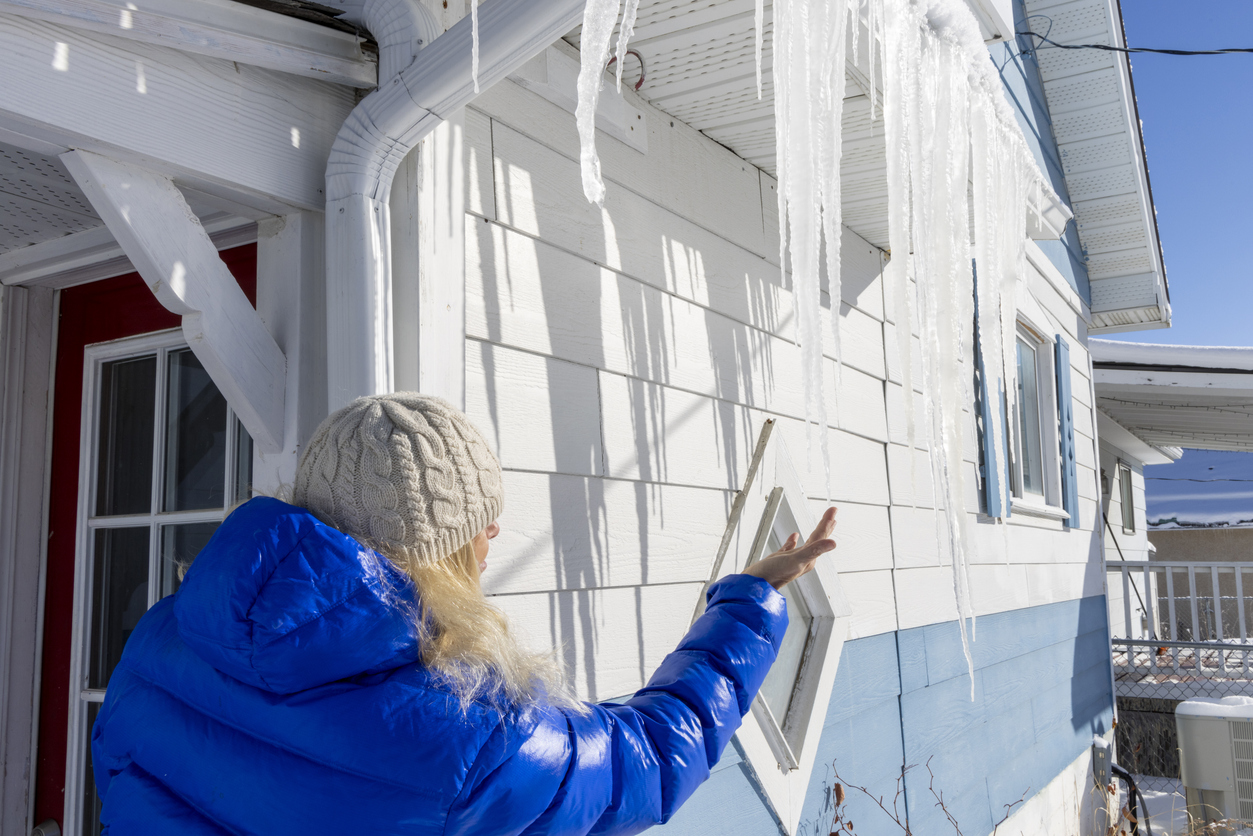The chicken or the egg causality dilemma is commonly stated as “which came first, the chicken or the egg?” To ancient philosophers, the question about the first chicken or egg also evoked questions of how life and the universe began. Similarly, yet minus the philosophical dilemma, in first party property insurance policy interpretation, parties are often confronted with a causality question of which came first, the windstorm event or some other cause?
Florida’s Fourth District Court of Appeals was recently faced with this question in the case Certain Interested Underwriters at Lloyd’s v. Chabad Lubavitch of Greater Ft. Lauderdale, Inc., No. 4D10-762, 2011 WL 2200756 (Fla. 4th DCA June 8, 2011). A building owned by Chabad Lubavitch was damaged when a crane fell on it during Tropical Storm Barry. At the time of loss, Chabad Lubavitch had two policies on the damaged building. The first, which is involved in the case, was an “all risk” policy issued by Lloyd’s. It contained the following “Windstorm or Hail Exclusion” provision:
We will not pay for loss or damage:
1. Caused directly or indirectly by Windstorm or Hail, regardless of any other cause or event that contributes concurrently or in any sequence to the loss or damage; or
2. Caused by rain, snow, sand or dust, whether driven by wind or not, if that loss or damage would not have occurred but for the Windstorm or Hail.
But if Windstorm or Hail results in a cause of loss other than rain, snow, sand or dust, and that resulting cause of loss is a Covered Cause of Loss, we will pay for the loss or damage caused by such Covered Cause of Loss. For example, if the Windstorm or Hail damages a heating system and fire results, the loss or damage attributable to the fire is covered subject to any other applicable policy provisions.
The other policy covered only wind damage (“the wind policy”). Prior to making a claim under the all risk policy, Chabad Lubavitch made a claim under the wind policy for the storm damage and received the policy limits.
Chabad Lubavitch then made a claim under the all risk policy with Lloyd’s for the same storm damage. Lloyd’s filed a complaint for declaratory judgment, seeking a determination that the all risk policy’s windstorm exclusion excluded the loss since it was caused by the wind in the storm. Chabad Lubavitch countersued for breach of contract because of Lloyd’s failure to pay the claim filed under the policy. Both parties moved for summary judgment. Lloyd’s’ argument before the trial court was based on the theory that Chabad Lubavitch’s submission of the claim under the wind policy constituted an admission that the loss was caused by wind.
Chabad Lubavitch countered that the crane striking the building was the cause of damage, not wind. Chabad’s argument focused on the exception within the windstorm exclusion provision, which stated that “if the Windstorm or Hail results in a cause of loss other than rain, snow, sand or dust, and that resulting cause of loss is a Covered Cause of Loss, we will pay for the loss or damage caused by such Covered Cause of Loss.” According to Chabad Lubavitch, the crane striking the building was “a cause of loss other than rain, snow, sand or dust,” resulting from wind.
The trial court concluded that the windstorm exclusion was ambiguous and should be construed strictly against Lloyd’s to cover the damage to Chabad Lubavitch’s building. Lloyd’s appealed that ruling to the Fourth District Court of Appeal. The Fourth District Court of Appeal concluded that the trial court erred in finding that the windstorm exclusion was ambiguous. The Court noted that the windstorm exclusion unambiguously provides that if a loss or damage is caused by a windstorm, the loss is not covered, regardless of any other cause or event that contributes to the loss. Contained within the exclusion is the exception to the exclusion (the ensuing loss provision), which provides that if a windstorm “results in a cause of loss other than rain, snow sand or dust, and that resulting cause of loss is a Covered Cause of Loss,” the loss will be covered.
The Fourth District held that the plain language of the ensuing loss provision means that if a windstorm sets in motion another cause, which is not excluded by the policy, and that intervening cause results in a covered loss, the windstorm exclusion does not apply and the loss would be covered by the policy.
Lastly, the Court noted that the parties could not agree what caused the crane to fall. The Court held that the factual determination is essential because the exclusion could only apply if the crane fell from its perch because of the wind, aided only by gravity and not some other intervening cause. For this reason, the Fourth District remanded the case to the trial court to resolve that factual issue.
This case reveals the importance of policy interpretation, and also how the facts determine coverage in first party property insurance claims. Small factual changes potentially result in drastically different outcomes in a coverage evaluation.
In the end, “it’s all about the facts Jack.”



